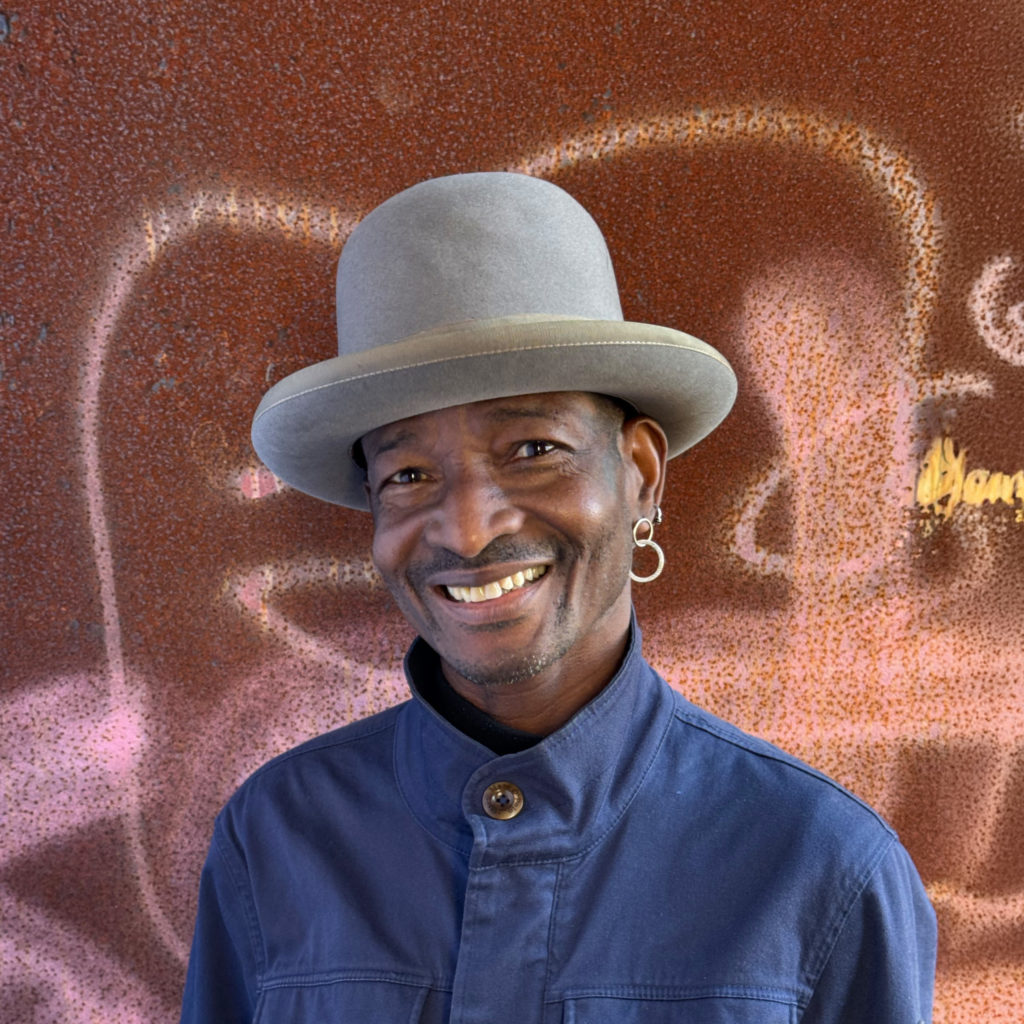This particular project borrows heavily from the detective genre. It begins with an investigation, triggered by the report of a disappearance. Its characters include an anthropologist-investigator who consults for police and courts; a young poet promoting a new literary movement called “pararealism”; a celebrated writer thought to have died in exile but who reappears in his home country to widespread indifference; and a former architect turned necromancer. The novel revolves around the theme of haunting—the persistence of the past breaking into the present, the recurring echoes that make us feel as though history is repeating itself. Not all voices are heard at the same time in the same story. Some voices emerge subliminally, as ghostly presences. Like the “fossil radiation” astrophysicists describe, these voices of the past reverberate into the present, sometimes as fragments—pieces of voices that serve as clues. These fragments help reconstruct a story that one hopes will provoke a confession, acting as a mirror in which the guilty party is compelled to recognize themselves. The story takes place in a country nicknamed “The North Korea of Northwest Africa.” It is set within an animist culture, where the abstract and the concrete, the imaginary and the real, intertwine in the fluid continuum of a floating world.
KOSSI EFOUI
CURRICULUM VITAE
Kossi Efoui, born in Togo in 1962, has been living and writing in France since 1990. His novels are published by Éditions du Seuil, and his plays by Lansman. He splits his time between creating his own works and leading writing workshops. He is actively involved not only in academic settings but also with associations and communities in urban peripheries, hospitals, and prisons. Efoui’s approach to playwriting is unique: he situates his work at the crossroads of textual and three-dimensional art, treating words as materials that transcend their narrative content. His writing weaves together textuality, materiality, and musicality to explore philosophical, political, and anthropological questions. Over the past twenty years, he has collaborated with visual artists and theater professionals—including directors, actors, costume designers, lighting designers, and composers—through his long-standing partnership with the Compagnie Théâtre Inutile. His exploration of the visual dimension of writing reflects his deep interest in the body and how it is represented in postmodern society.
